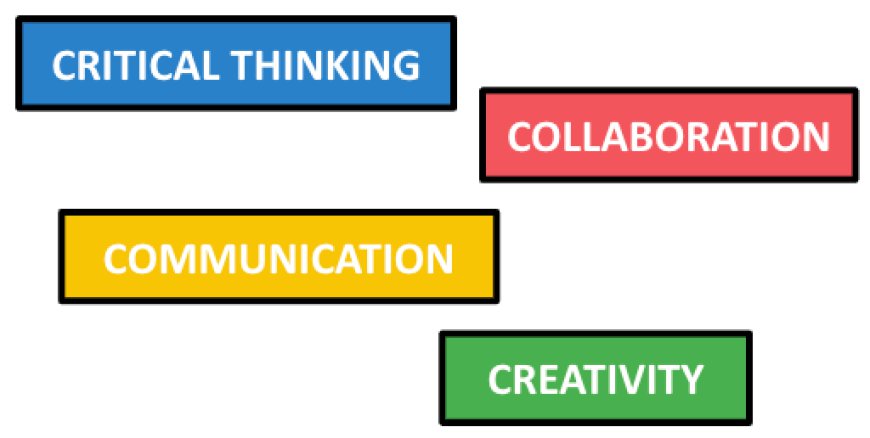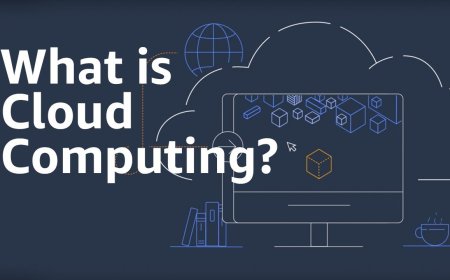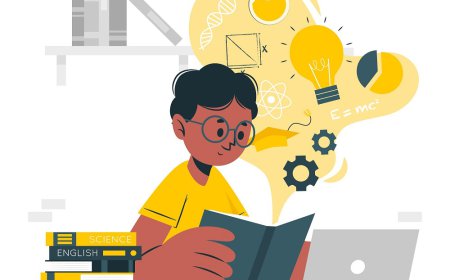In today's fast-paced world, students are facing new challenges and opportunities that require a diverse set of skills and knowledge.
To thrive in the 21st century, it's crucial for students to focus on three key knowledge domains that will equip them for success in a rapidly evolving landscape.
Digital Literacy and Technology Mastery:- 21st-century skills
Students must learn how to navigate the digital world with confidence. This includes understanding how to use digital tools effectively, discerning credible information from misinformation online, and safeguarding their digital privacy and security.

Critical Thinking and Problem-Solving Skills:
The ability to think critically and solve complex problems is essential in today's complex environment. Students should practice analyzing information, evaluating different perspectives, and coming up with innovative solutions to real-world challenges.
Global Awareness and Cultural Competence:- 21st-century skills
In a world that's more interconnected than ever, students need to develop a global mindset. This involves gaining knowledge about global issues, understanding diverse cultures and perspectives, and fostering effective communication and collaboration across borders.
Points for Consideration:
- Digital literacy includes skills like using word processing software, conducting online research, and understanding digital etiquette.
- Critical thinking involves questioning assumptions, evaluating evidence, and making well-reasoned decisions.
- Global awareness encompasses knowledge about global events, cultures, and the interconnectedness of economies and societies.
- Technology mastery goes beyond basic digital skills to include programming, data analysis, and cybersecurity awareness.
- Problem-solving skills involve identifying problems, brainstorming solutions, and implementing effective strategies.
- Cultural competence requires empathy, respect for diversity, and the ability to work harmoniously in multicultural environments.
- Students can develop these skills through hands-on projects, collaborative activities, and experiential learning opportunities.
- Educators play a crucial role in fostering these knowledge domains by designing engaging curriculum and providing support and guidance.
- Building a strong foundation in these domains prepares students for future academic and career success.
- Continuous learning and adaptation are key as technology and global dynamics continue to evolve.
By focusing on these essential knowledge domains, students can navigate the challenges and seize the opportunities of the 21st century with confidence and competence.
Follows Us for More Updates
Like Us on Facebook Page :
Click Here
Like Us on Instagram :
Click Here






























